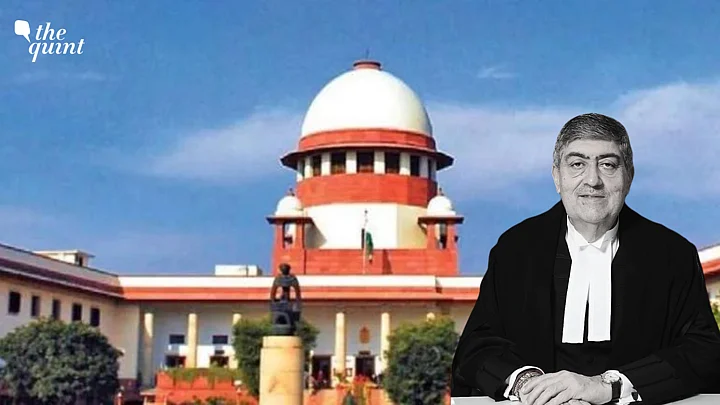“I recommend the setting up of an impartial Truth and Reconciliation committee to investigate and report on the violations of human rights both by the state and non-state actors at least since the 1980s and recommend measures for reconciliation.”Justice Sanjay Kishan Kaul
As the Supreme Court upheld the abrogation of Article 370 on Monday, 11 December, Justice Sanjay Kishan Kaul, in his separate ruling, directed that an “impartial investigation” be held to look into the human rights abuses that the people of Jammu & Kashmir have suffered since the 1980s.
Justice Kaul said, “To move forward, wounds require healing. Intergenerational trauma is felt by people. The first step towards healing the wounds is the acknowledgment of the acts of violations done by the state and its actors.”
The Big Point: The Supreme Court has recommended that a “Truth and Reconciliation Commission” be set up. It is important to note that the court has 'recommended' and not 'directed'.
The Court also said:
Elections should be held in Jammu & Kashmir by 30 September 2024.
Statehood to be restored to Jammu & Kashmir as soon as possible.
What Did Justice Kaul say? Justice Kaul, in his ruling, said:
“The purpose of Article 370 was to slowly bring Jammu and Kashmir on par with the other states of India. The requirement of recommendation of Jammu and Kashmir Constituent Assembly cannot be read in a manner that makes the larger intention redundant."
He went on to add, "Regarding the amendment of Article 370 using 367, I have said when a procedure is prescribed, it has to be followed. Amendment through the backdoor not permissible.”
Some Context: A five-judge Constitution bench of the Supreme Court led by Chief Justice of India DY Chandrachud, and including Justices Sanjay Kishan Kaul, Sanjiv Khanna, BR Gavai, and Surya Kant, was announcing its verdict on the abrogation of Article 370 and on the lost statehood of J&K.
The CJI ruled:
“We have held that Article 370 is a temporary provision. Article 370 was an interim arrangement due to war conditions in the State. Textual reading also indicates that it is a temporary provision. Marginal note says it is temporary and transitory.”
The verdict came after the apex court had heard arguments in the matter in September this year. On 5 August 2019, the Union government had revoked Article 370 that granted a special status to J&K in the Constitution.
